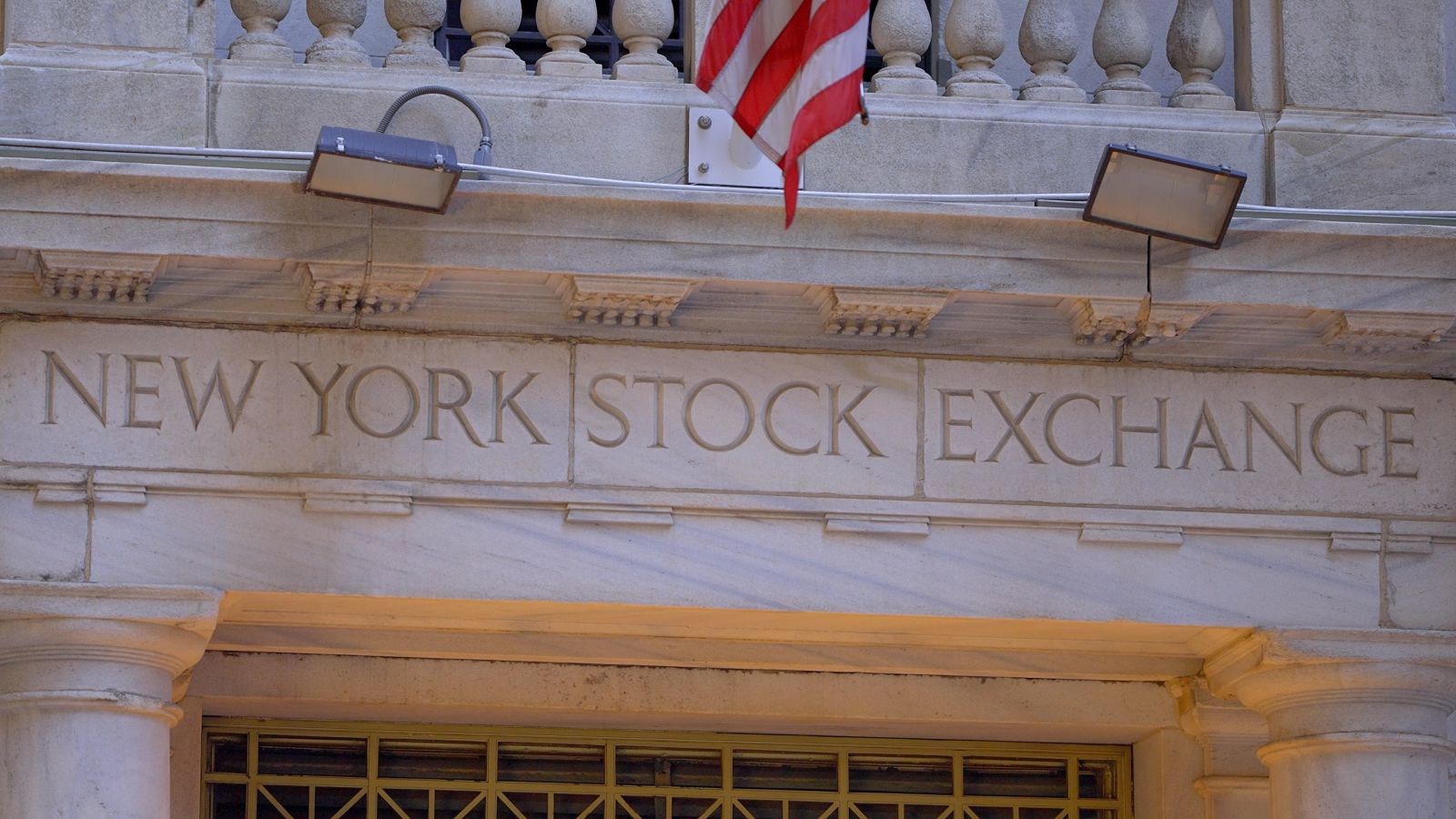Mastercard (MA) has reported a robust first-quarter performance, surpassing Wall Street forecasts, driven by elevated card spending among U.S. consumers. This uptick comes despite the challenges of rising borrowing costs and ongoing inflation. The payments giant has seen an advantageous combination of wage growth and a tight labor market, which has contributed to greater job security and consequently, increased spending power among its cardholders. This surge in consumer confidence is reflected in Mastercard's gross dollar volume, which escalated by 10% to reach $2.3 trillion, underpinned notably by an 18% increase in cross-border volume, signaling strong international transaction activity. CEO Michael Miebach highlighted the company's revenue and profit growth, attributing it to significant cross-border volume expansion and strategic new deals across various regions. Mastercard's earnings, adjusted for one-time charges, stood at $3.31 per share, comfortably beating the analyst consensus of $3.24 per share sourced from LSEG. This performance underscores the company's successful navigation of the current economic landscape, marked by its adept adaptation to global spending patterns and consumer behavior shifts. Market Overview: -Mastercard surpasses analyst expectations with Q1 profits fueled by robust card spending from U.S. consumers. -Wage growth and a resilient job market bolster consumer spending despite inflation and rising borrowing costs. -The company benefits from strong cross-border transaction volume and new partnerships. Key Points: -Mastercard reports a 10% increase in gross dollar volume processed, reaching $2.3 trillion. -Cross-border spending surges by 18%, reflecting a strong international market. -The company's earnings per share exceed analyst forecasts, solidifying its financial performance. Looking Ahead: -Mastercard navigates a shifting landscape with Capital One's acquisition of Discover Financial. -The potential loss of Capital One's business underscores the importance of securing new partnerships. -Mastercard's ability to maintain its market position and adapt to industry consolidation will be crucial for long-term success. The broader payments technology sector is on the brink of a major transformation with the recent announcement of Capital One's (COF) acquisition of Discover Financial (DFS) in a deal valued at $35.3 billion. This merger is set to create the largest credit card issuer in the United States. Capital One, a significant issuer for both Mastercard and Visa (V), plans to transition its card portfolio to Discover's network, a move expected to yield substantial financial benefits estimated at $1.2 billion by 2027. This shift represents a strategic realignment within the industry, likely to influence market dynamics significantly. Despite the looming changes, Mastercard remains optimistic about its relationship with Capital One, anticipating continued collaboration. As the payments industry faces this seismic shift, Mastercard's solid quarterly performance positions it well to navigate the evolving market landscape, maintaining its role as a key player amidst industry-wide consolidations and shifts.
Mastercard Exceeds Q1 Expectations with Strong Consumer Spending
Quiver Quantitative - Contributor Content
This article could contain syndicated content. We have not reviewed, approved, or endorsed the content and may receive compensation for placement of the content on this site. For more information please view the Barchart Disclosure Policy here



/Technology%20abstract%20by%20TU%20IS%20via%20iStock.jpg)


